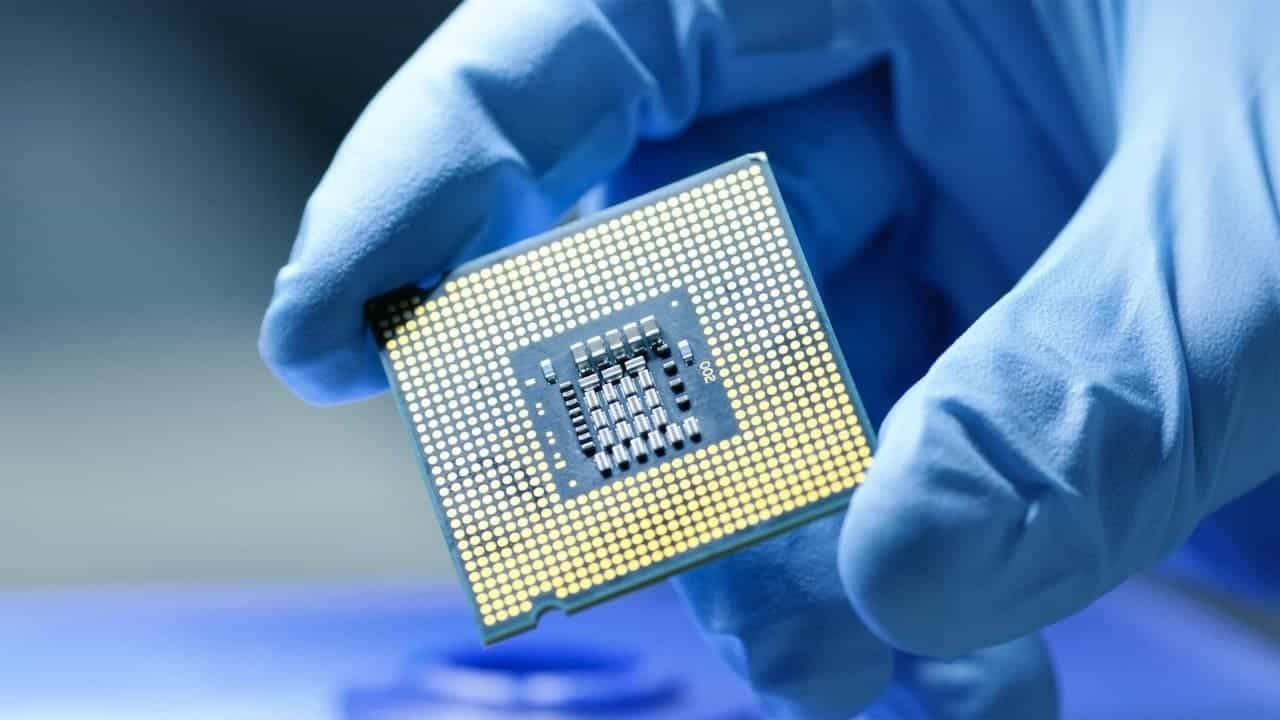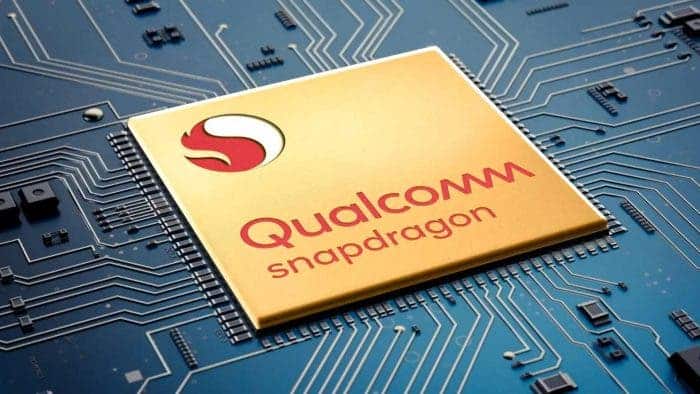Not so long ago, Qualcomm introduced the Snapdragon 888+ chip, which will occupy the position of the main platform in the chipmaker’s portfolio until December this year, when the new flagship chip will be presented. Presumably, it will be the Snapdragon 895 and will use a 4-nanometer process technology for its production.
The authoritative insider Ice Universe has confirmed that Samsung will be engaged in its release. According to rumors, the new chipset will receive the latest Cortex-X2 core and Adreno 730 graphics processor. But the release of Snapdragon 895 will not end and Qualcomm will later introduce an overclocked version of this SoC – Snapdragon 895+. It will also be a 4nm solution, but they will select another company as the manufacturing partner.

According to Ice Universe, the production of the advanced Snapdragon 895 variant will be taken over by TSMC. What is the reason for the fact that Qualcomm will subsequently flee to TSMC is unknown. Perhaps the Taiwanese chipmaker will offer a more advanced 4-nm process technology, and so early planning who will become a contract supplier is due to TSMC’s workload for Apple’s needs and the need to place your order in advance.
Snapdragon 895 → Samsung 4nm
Snadragon 895+ → TSMC 4nm— Ice universe (@UniverseIce) July 4, 2021
Qualcomm will create a laptop processor to rival the Apple M1 SoC next year
Qualcomm has been trying to gain a foothold in the laptop processor market for several years in a row; but Apple’s success with its in-house-designed M1 processor has clearly spurred the competitor’s activity. The company’s executives now say they will have the best performance-to-power ratio laptop processor by next year.
Reuters reported the comments of the new CEO of Qualcomm Cristiano Amon. This year Qualcomm for $ 1.4 billion bought a young company Nuvia, which was founded by immigrants from Apple, who at one time took an active part in the development of the M1 processor for laptops. It is this logical connection that allows the head of Qualcomm to hope for the emergence of its own processor of this brand for notebooks next year, capable of surpassing competing solutions in terms of characteristics.
At the same time, Qualcomm does not abandon the idea of using ready-made Arm developments. If the UK developer creates a better architecture for use in laptops, Qualcomm is happy to license it. The American company, better known for its mobile processors, has no ambition to enter the server component market; but they can license Nuvia’s developments to build their own server processors.





